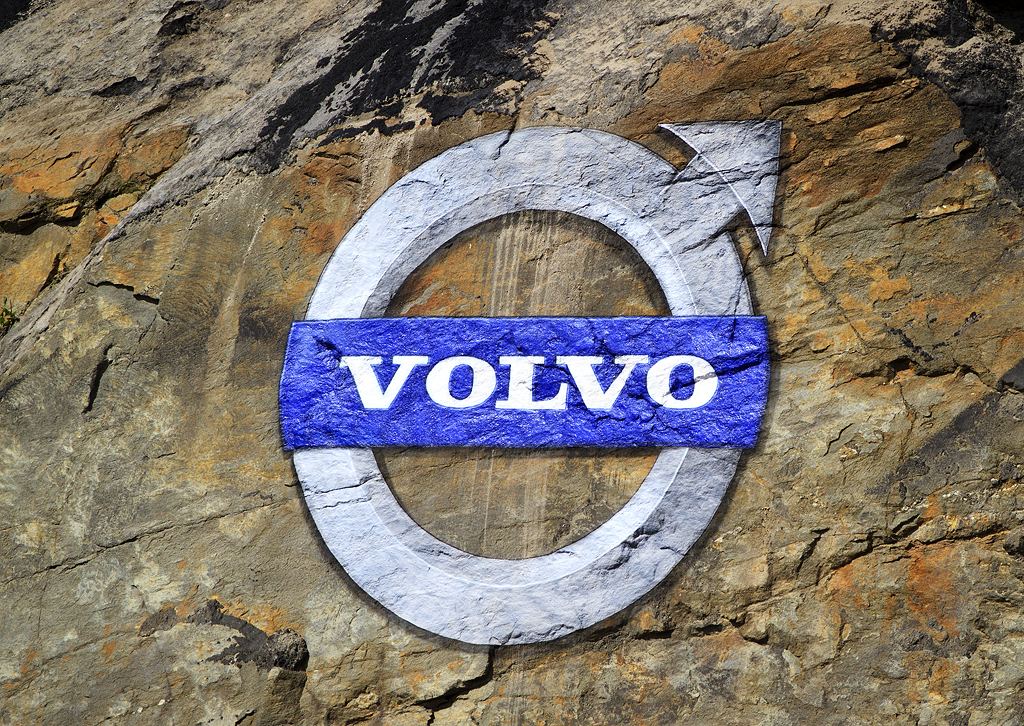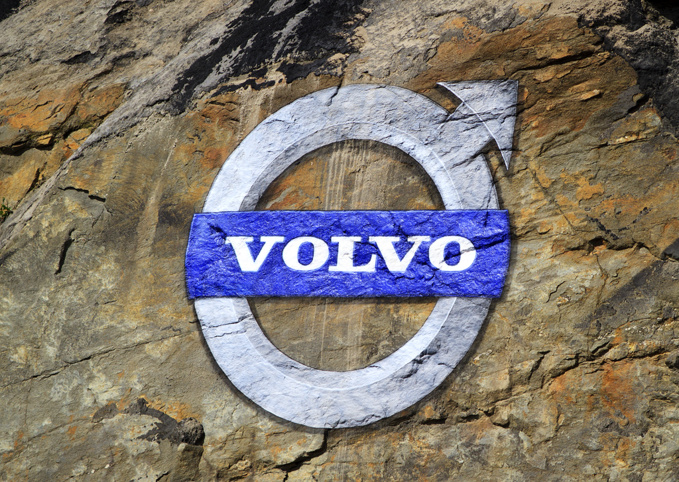We are familiar with this mechanics and financial side of this type of intermediary business thanks to eBay, Priceline, Apple's mobile application store and many other similar companies. But now there are changes, because Uber seems to have decided to acquire physical assets, which puts its business model in doubt. Yes, Uber is the world's most expensive private technology company, but it still does not know who it wants to become when it grows up.
Uber signed an agreement with Volvo to buy 24,000 SUVs that will be part of the future fleet of unmanned taxis - it is reported that the company is willing to pay $ 1 billion or more for cars that will be delivered in 2019-2021. The company has no assets for now, but in a few years it will have thousands of permanently obsolete cars.
Many technological companies working on unmanned vehicle software tried very hard not to keep cars in their property: they become cheaper, their tires have to be changed and their rugs have to be vacuumed - all this is bad for business. And Uber is also moving in this direction: recently Daimler AG disclosed information about the partnership with the American start-up, implying the participation of the automaker’s unmanned vehicles in their park. But now Uber also orders tens of thousands of cars for years before the real demand for the service.
This decision of the company became a valuable reminder that, although several investors estimated the potential of Uber at about $ 68 billion, neither they nor the general public still know if the future Uber will earn money by mediating between drivers and passengers (and also deliver orders from restaurants, etc.). If the company owns a fleet of cars and collects a fee for cabbing, it is more like not the work of an intermediary, but the business of Hertz company. It's amazing that Uber is so highly valued, although no one really knows where the profits will come from.
Questions about the Uber business model are not the only problem for the company. Its new CEO, Dara Khosrowshahi, has many tasks: to restore corporate culture, to stop the opposition of investors, and also to cope with competitors in the most diverse markets and to wage an ongoing struggle against regulators.
Yes, if Uber changes the business model towards unmanned vehicles - although it is not yet clear when technology and legislation will be ready for this - the company will solve one of its business problems, making the network of drivers unnecessary. However, as it becomes clear in the light of Volvo's statement, the appearance of unmanned vehicles on the stage raises a lot of questions about the strategic and financial prospects of the company. Now the assessment of Uber suggests that the company understands its destination, and in practice this is obviously not the case.
source: bloomberg.com
Uber signed an agreement with Volvo to buy 24,000 SUVs that will be part of the future fleet of unmanned taxis - it is reported that the company is willing to pay $ 1 billion or more for cars that will be delivered in 2019-2021. The company has no assets for now, but in a few years it will have thousands of permanently obsolete cars.
Many technological companies working on unmanned vehicle software tried very hard not to keep cars in their property: they become cheaper, their tires have to be changed and their rugs have to be vacuumed - all this is bad for business. And Uber is also moving in this direction: recently Daimler AG disclosed information about the partnership with the American start-up, implying the participation of the automaker’s unmanned vehicles in their park. But now Uber also orders tens of thousands of cars for years before the real demand for the service.
This decision of the company became a valuable reminder that, although several investors estimated the potential of Uber at about $ 68 billion, neither they nor the general public still know if the future Uber will earn money by mediating between drivers and passengers (and also deliver orders from restaurants, etc.). If the company owns a fleet of cars and collects a fee for cabbing, it is more like not the work of an intermediary, but the business of Hertz company. It's amazing that Uber is so highly valued, although no one really knows where the profits will come from.
Questions about the Uber business model are not the only problem for the company. Its new CEO, Dara Khosrowshahi, has many tasks: to restore corporate culture, to stop the opposition of investors, and also to cope with competitors in the most diverse markets and to wage an ongoing struggle against regulators.
Yes, if Uber changes the business model towards unmanned vehicles - although it is not yet clear when technology and legislation will be ready for this - the company will solve one of its business problems, making the network of drivers unnecessary. However, as it becomes clear in the light of Volvo's statement, the appearance of unmanned vehicles on the stage raises a lot of questions about the strategic and financial prospects of the company. Now the assessment of Uber suggests that the company understands its destination, and in practice this is obviously not the case.
source: bloomberg.com



















